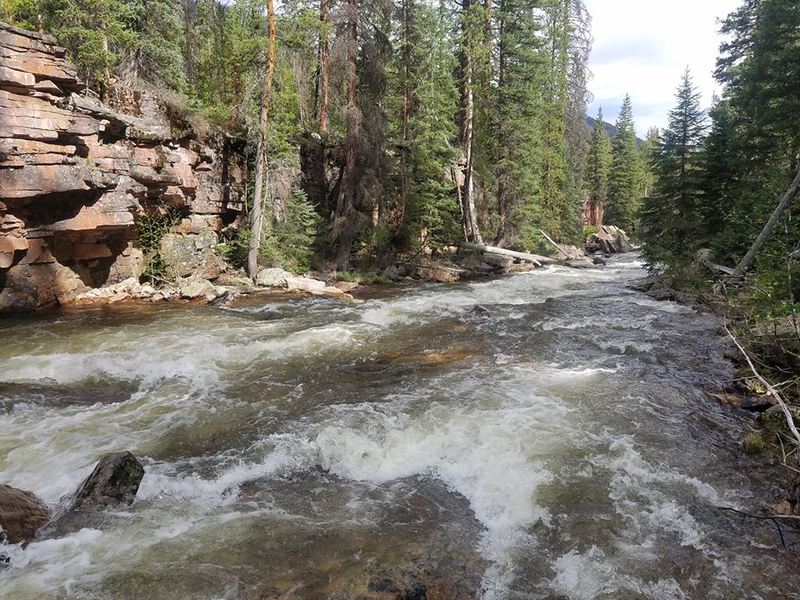
American Whitewater Challenges Ashley National Forest Plan (UT)
American Whitewater recently filed a formal objection to the newly revised Ashley National Forest management plan. The objection challenges the Forest Service’s decision to permanently release 28 rivers and streams from protection as potential Wild and Scenic Rivers after previously finding them eligible for such protections. Only two eligible streams retained protected status in the plan. The Forest is the first to attempt this release of river protections under the 2012 planning rule, which requires protection of eligible streams. The Forest’s attempt at systematically foreclosing river protections could lead to a rapid erosion of our nation’s wildest public-land streams in Utah and beyond, at a time when cold and clean water is more important than ever.
The Wild and Scenic Rivers Act is a popular 55-year-old law that created a system of protected rivers and a process for continuing to grow the system. The intent, at its core, was to provide a counterbalance to the rapid damming and development of rivers. There are fewer than 300 designated Wild and Scenic Rivers in our nation, which is home to over 80,000 dams. New designations occur sporadically through Congressional – and often bipartisan – action. Many of the most exceptional free-flowing rivers in the United States that are potential designation candidates are on public lands, which is why the Forest Service is mandated to identify and offer interim protection to a suite of the best rivers within their borders. While all other Forests in the past decade have done just that, the Ashley National Forest has chosen a different, more pessimistic approach. Through our objection, American Whitewater hopes to support the responsible protection of some of our nation’s best remaining free-flowing rivers across our public land system.
American Whitewater staff worked closely with Clinical Professor Jamie Saul and law clerk Julia Taylor at Lewis & Clark Law School's Earthrise Law Center in the preparation and submission of our objection. Objections are administrative appeals, in which a higher level of the agency takes a hard second look at the decision, and are prerequisites for litigating a decision. An objection resolution meeting has been scheduled for late August of this year, in which American Whitewater and the Forest will try to reach a mutually agreeable solution. Following the meeting the Forest Service will consider changing their approach, and some months later will reach a final decision on their path forward.
